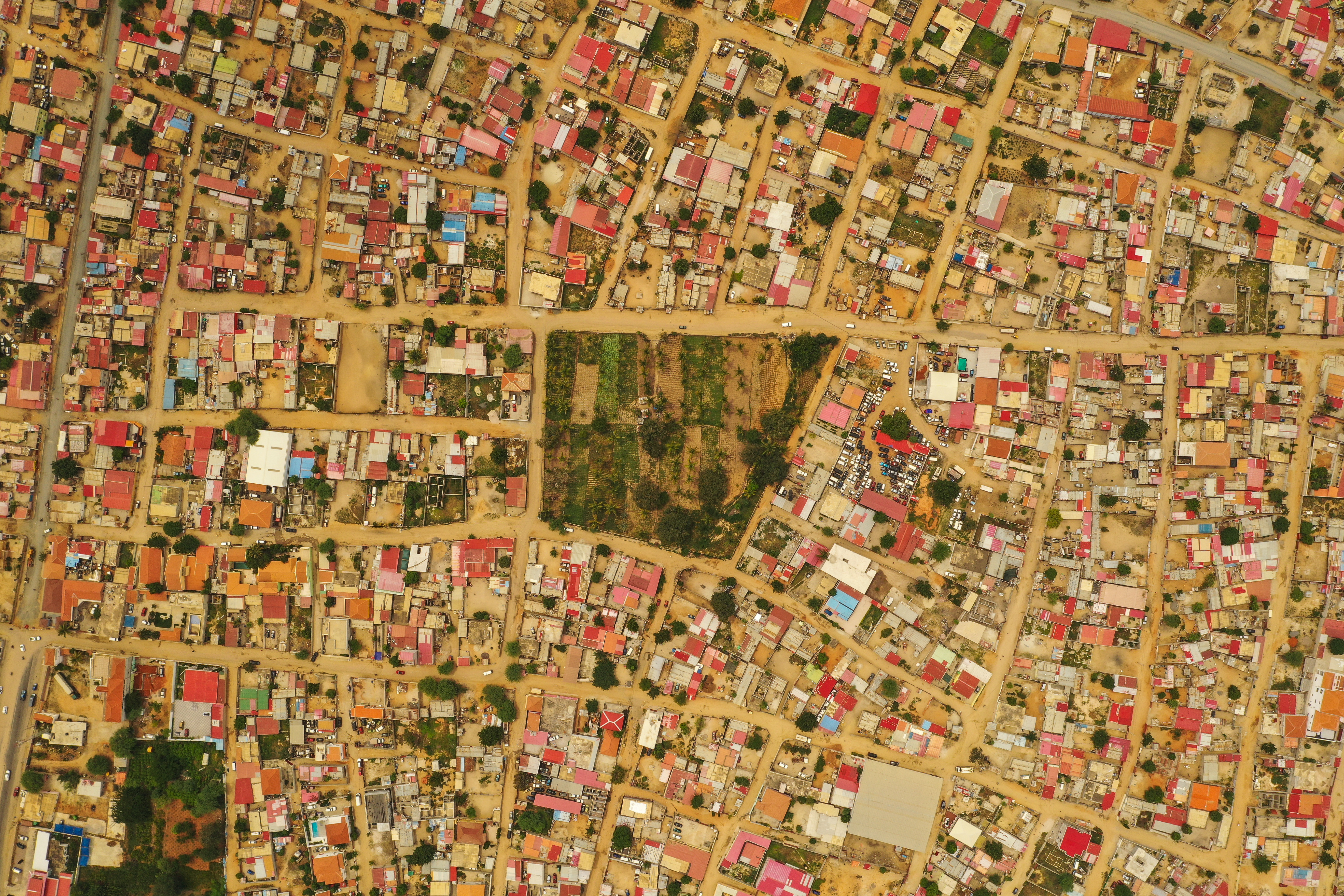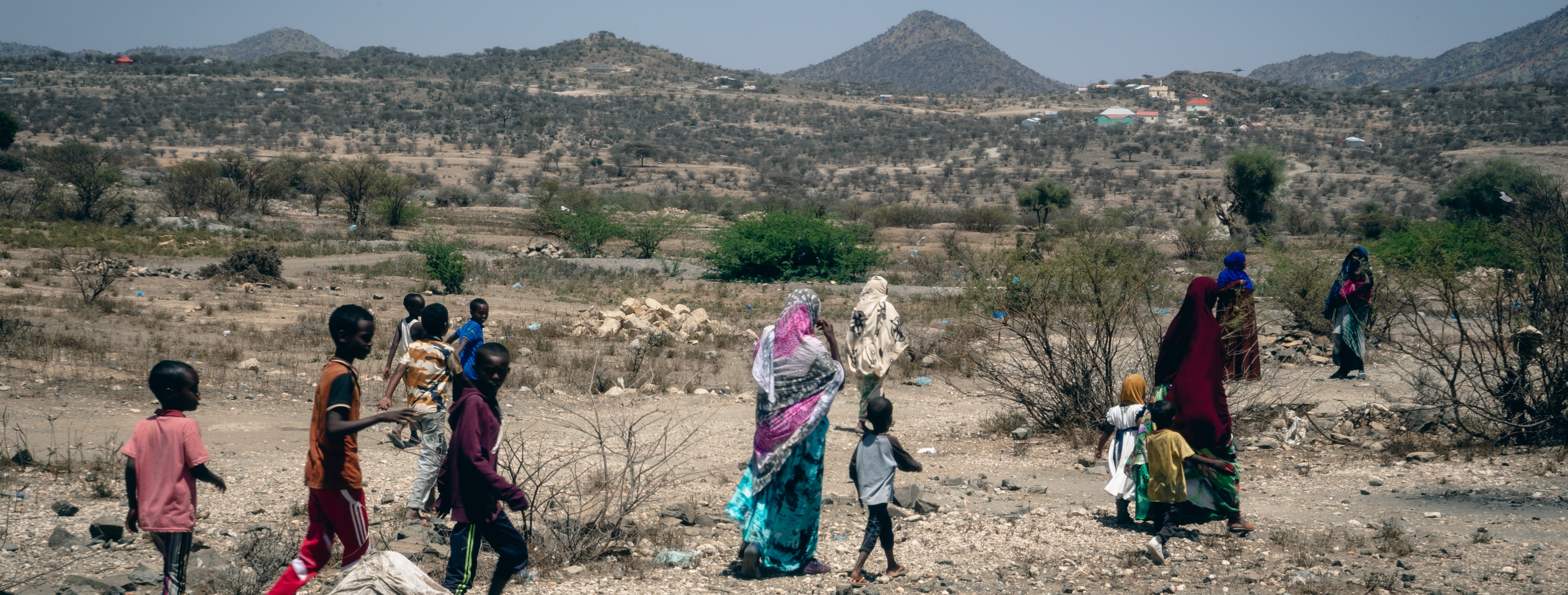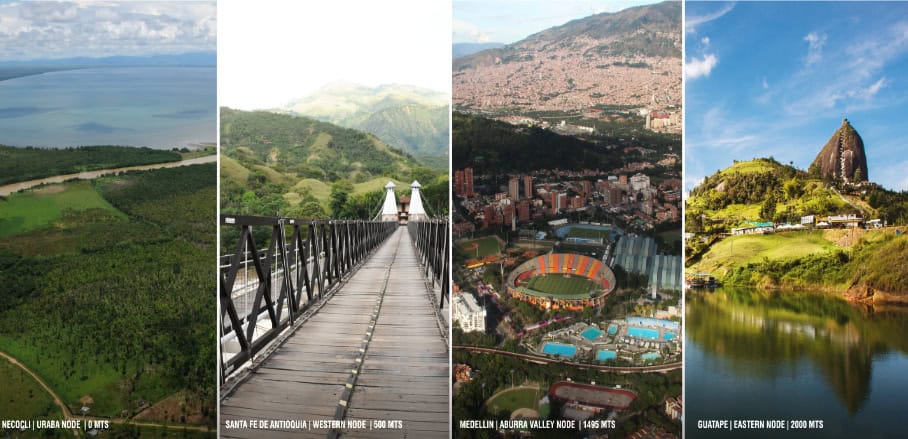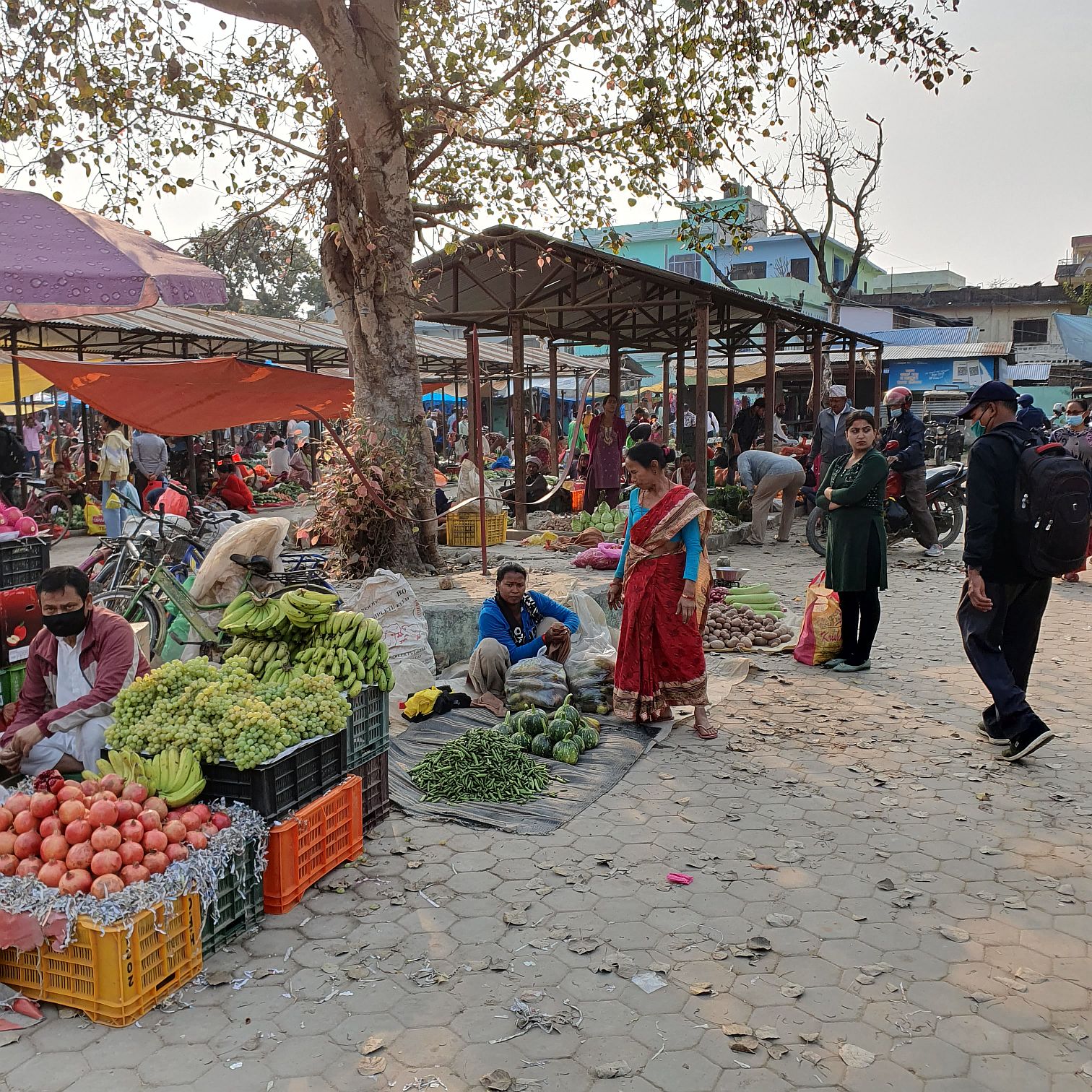This World Cities Day is a moment to reflect on our cities and consider their future. In the last 12 months, city life has changed dramatically. The health impact of COVID-19 alongside the social, political and financial upheavals, is reshaping urban life around the world in an unprecedented manner.
Urbanization has the potential to create opportunities for a better life, provide pathways out of poverty and act as an engine of economic growth, but the contribution of diverse communities within cities is often only recognized to a limited extent if at all. Yet it is increasingly clear that communities are the lifeblood for cities and are part of the essential building blocks providing the economic, environmental and social value that leads to an improved quality of life for all.
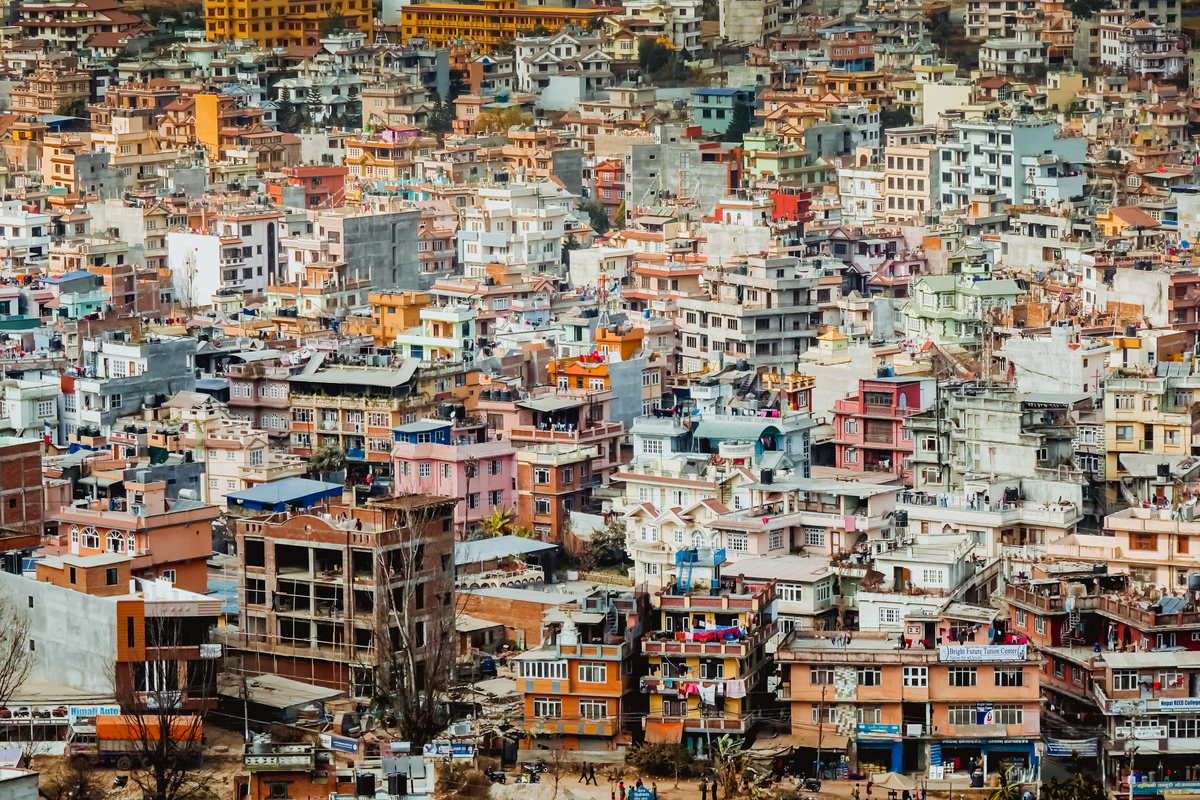
As national and local governments adopt various responses to COVID-19, the role and value of communities in urban settings has been brought into sharp focus forcing us to reconsider the importance of local actions for urban resilience and recovery. The pandemic has highlighted the core weaknesses in many urban systems, such as economies that rely too heavily on global and national markets, without sufficient recognition of the contribution and significance of local, social and economic actors and networks.
Communities are innovative, creative, resilient and pro-active in terms of finding solutions particularly during crises. How cities manage to mobilize their various communities, in terms of different identity groups, location and economic status, to address challenges like COVID-19, climate and inequality, will contribute to their success. This World Cities Day reflects on community value ranging from local volunteering and people organizing themselves in their own neighbourhoods to social movements that challenge poverty and racism.
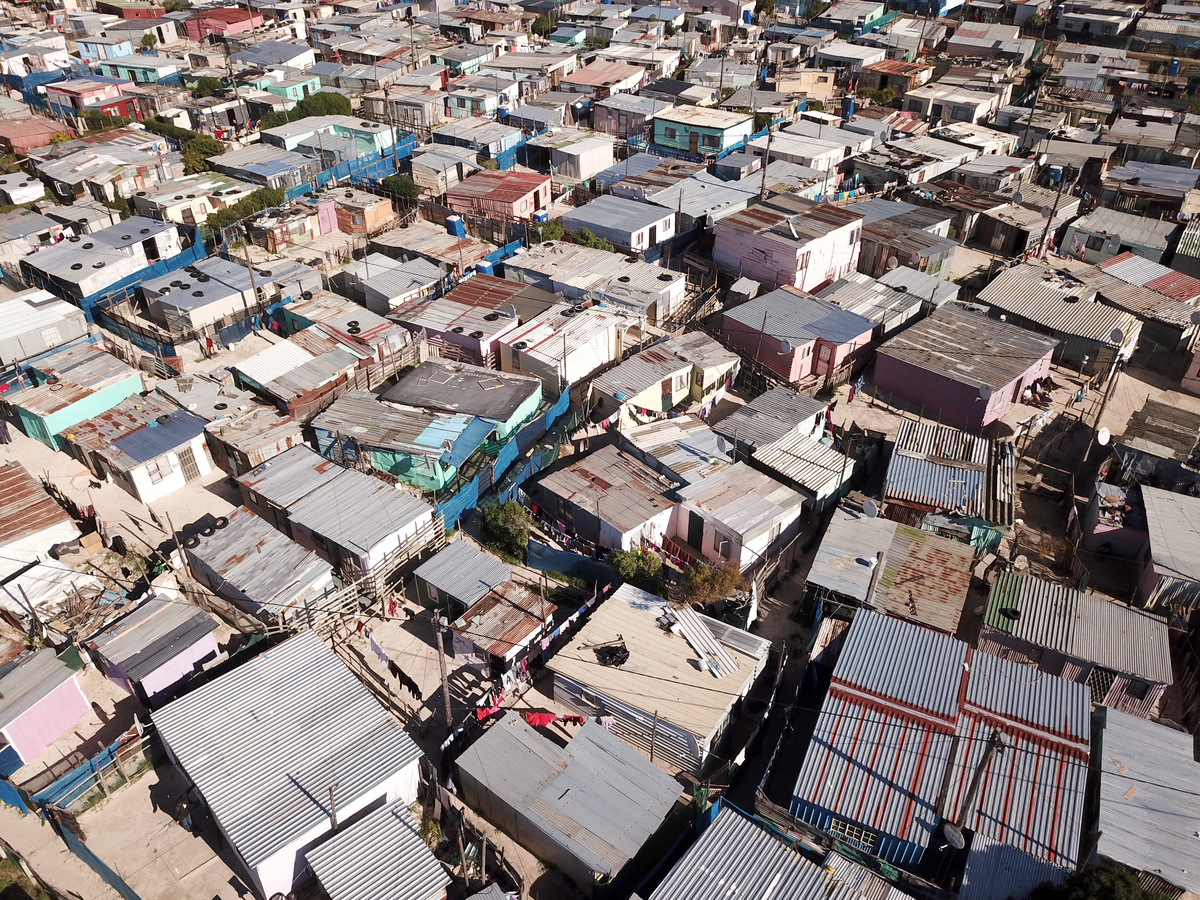
The COVID-19 pandemic has clearly demonstrated the role of community work in making cities resilient and functional. Communities have organized to respond to the disruption of food and economic supply chains and to support many vital city functions. In informal settlements and slums, communities are grappling with the additional hardships created by COVID-19 but still make a significant contribution to local responses. At the same time, individual households also contribute by providing an enabling environment for work and study in the home. The challenge is to ensure communities’ value is maintained beyond the virus outbreak, so they are at the heart of building sustainable cities.
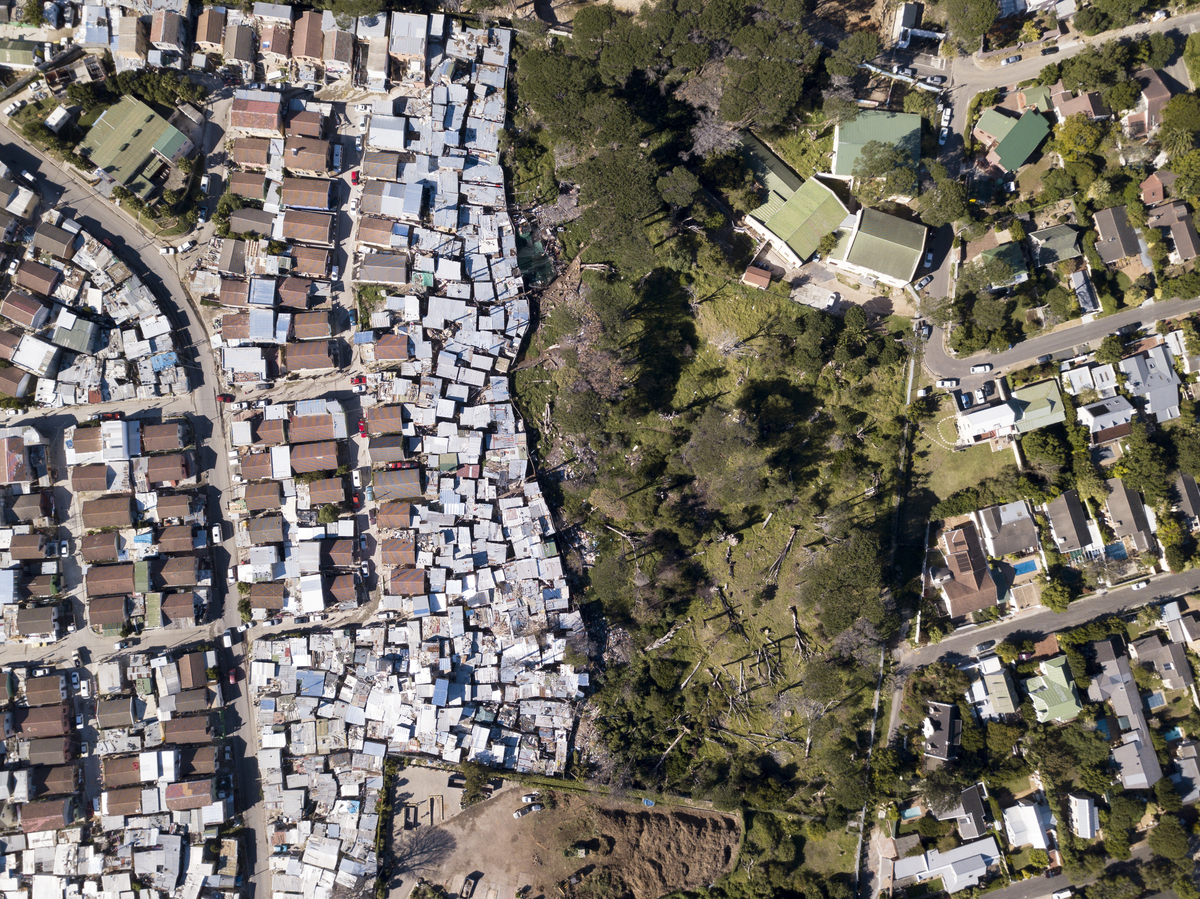
On this unusual World Cities Day it is more important than ever, to consider how diverse urban communities can be better recognized, supported and their qualities maximized in new ways that move beyond token engagement or minimal resource support. It is important to look at how the value of communities can be strategically utilized through policy engagement with a central place both in decision-making and in implementation. Doing so will better address the current COVID-19 responses, and make a significant long term contribution to achieving Sustainable Development Goal 11
Learn more about World Cities Day
Register for the Global Observance of the World Cities Day

